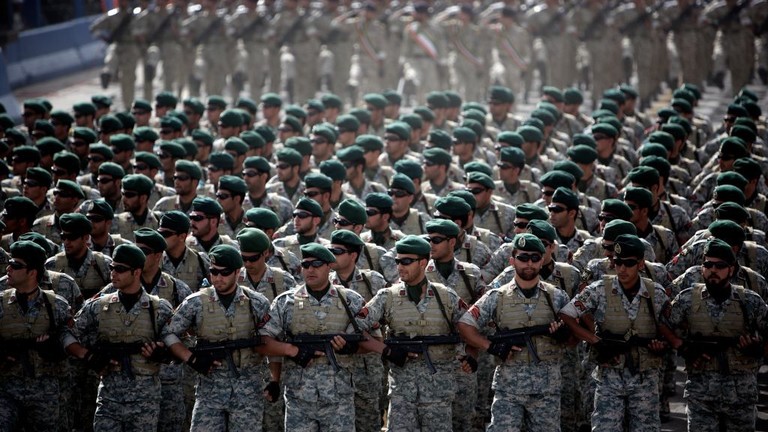
As tensions between Iran and the US continue to escalate, analysts have begun to consider the likelihood and consequences of an Iran war.
There has been much talk of an Iran War in recent weeks, but the likelihood of a war, whether intentional or accidental, is relatively small for the simple reason that the leaders of Iran and the US don’t want one. President Donald Trump, who has been remarkably faithful to his campaign promises, to the chagrin of many, doesn’t want another Iraq-like war – with a quick victory followed by a long defeat. Ayatollah Ali Khamenei, Supreme Leader of Iran, doesn’t want his revolution and country crushed by the massive military might of America.
This is not to say there aren’t powerful individuals in the Trump administration – such as National Security Advisor John Bolton and possibly Secretary of State Mike Pompeo – and regional allies – Israel, Saudi Arabia and United Arab Emirates (UAE) – who want a war to bring about regime change in Iran, and who are willing to stir the pot in an attempt to make it happen.
Trump’s personal preference for Iran may also be regime change, with a negotiated neutering of the Islamic Republic his next best outcome. But he probably would settle for long-term containment of Iran through his “maximum pressure” campaign, accepting that the Iranian regime would likely be able to sustain itself though skirting sanctions.
Iran has made huge geopolitical gains in the Middle East since the US inadvertently pushed Shiite-majority Iraq into the Iranian sphere of influence by imposing democracy on the country following the 2003 war. Tehran now directly or indirectly controls an arc of territory north of Saudi Arabia – Iraq, Syria and Lebanon – while supporting Houthi rebels to the south of the kingdom in Yemen.
Although US sanctions on Iran’s oil and metal exports are unlikely to bring about regime change, they will make it significantly more difficult for the Islamic Republic to consolidate its territorial gains and sustain its regional proxy network, as the government will have to prioritize domestic spending to maintain social stability. Simply put, the sanctions make it more difficult for Iran to directly challenge its regional enemies, Israel, Saudi Arabia and UAE and score additional foreign policy victories.
Despite an aversion to war with the US, it appears Khamenei has given Qassem Suleimani, leader of Iran’s powerful Quds Force and national hero, permission to encourage foreign militias aligned with Tehran to cause mischief for US and allied forces in the Middle East, and if possible, disrupt the flow of oil from the region through non-attributed actions.
The Iranian goal is to break the resolve of the US, given American military retreats from the Middle East in the past – Lebanon (1984), Iraq (2011), and Syria (presently) – and to increase the cost of Iranian oil sanctions on the global economy through additional disruptions to supply.
This is obviously a dangerous game that could lead to real war, not just proxy war. As a result, it is important to explore the potential impact of both on the world oil market, despite the latter being significantly more likely than the former.

